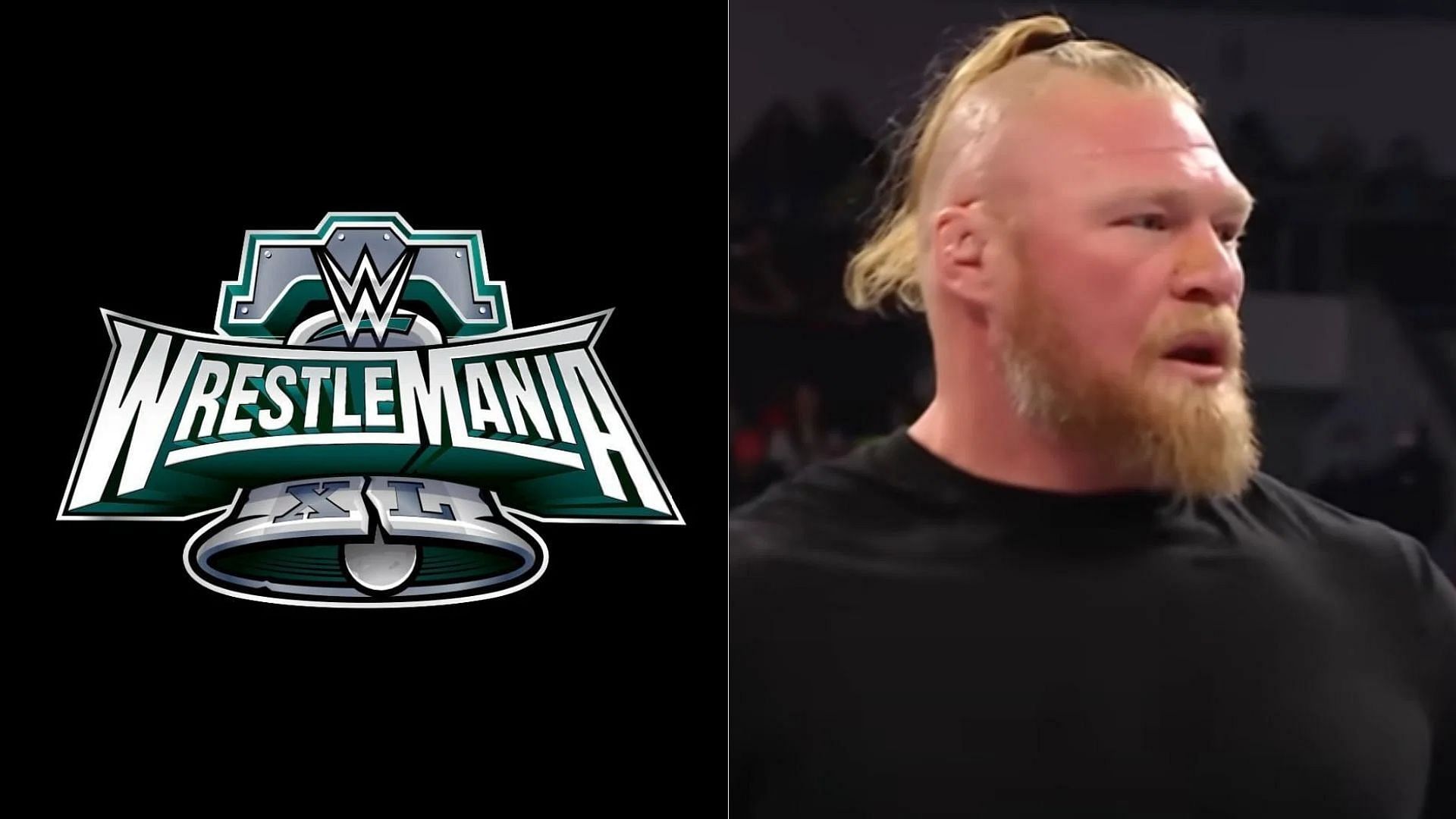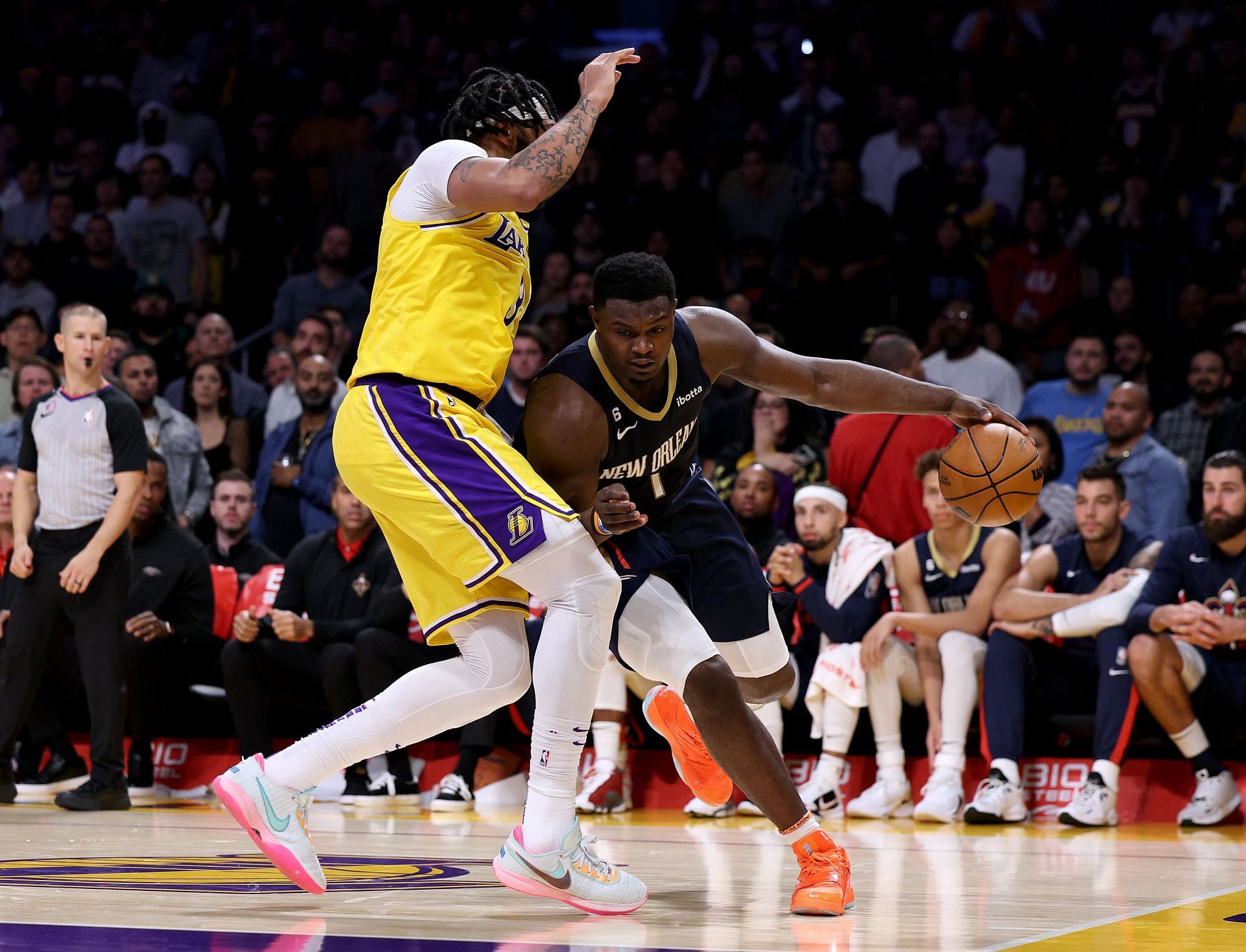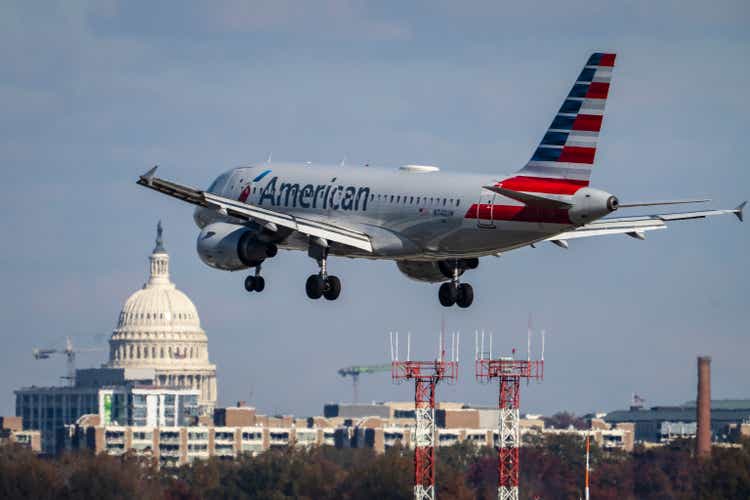“The more you practice the art of thankfulness, the more you have to be thankful for.”
–Norman Vincent Peale
Here’s a Thanksgiving message from my 2001 book, The Joy of Freedom: An Economist’s Odyssey, from a chapter titled “The Joy of Capitalism.”
I pointed out in Chapter 1 that British author Thomas Carlyle called economics “the dismal science” because the free-market economists around him were strongly opposed to slavery. For me, economics is the joyous science. I started off believing in economic freedom (sometimes called capitalism) as a moral imperative, as something that should exist because it is the only system in which people deal with each other on the basis of choice rather than on the basis of force. But the more I learned about economics, the more I saw that economic freedom was also enormously practical, that it delivered the goods better than any other system, and not just better, but incredibly better.
Capitalism’s incredible productivity wasn’t so easy for me to appreciate when I was in my teens and my early 20s. This was so for two reasons. First, starting at age 16, I was on my own financially and lived on a shoestring budget until I got my first full-time academic job as an assistant professor at age 24. Second, and more important, I was incredibly ignorant of economic history. Most of the history I learned in school was of the “who fought what war when and for what four reasons” variety. I learned very little about the day-to-day lives of ordinary people centuries ago.
In the last 20 years, though, I have found it easier and easier to appreciate capitalism. That’s in part because my income, adjusted for inflation, has risen a lot. But it’s also because the awesome technological revolution that has been going on around us has increased virtually everyone’s real income–even those people whose incomes, adjusted for the government’s faulty inflation measure, have been stagnant.
Think of what we can do nowadays, even those of us with modest incomes. If we miss a movie when it’s in the theatres, we don’t have to wait, the way we used to, until either it comes around again (unlikely) or is shown, years later, on TV, interrupted by ads and missing some of the best parts courtesy of network “censors.” Instead, we can see the uncut version at our convenience on a video recorder [DRH note: remember that I wrote this in 2001] that costs less than the earnings from three days of work at the minimum wage. We can rent the movie for a price that is often less than half of what we would have had to pay to see it on the big screen. I know we often take this for granted. One of the joys of capitalism is that we can take its awesome productivity for granted. But it’s good, every once in a while, to have some wonder about the many things that are wonderful. A lot of “wonder robbers” out there think it’s not “cool” to have wonder. But don’t ever let anyone rob you of your sense of wonder. If you’ve already lost it, here’s your chance to reclaim it.
Happy Thanksgiving to you all.
I wrote this as a blog post in 2015.
My daughter arrived home from San Francisco this morning and we had a nice Thanksgiving dinner in the early afternoon. At the start of the meal, she suggested that we each say 3 things we’re thankful for. I went first. The first 2 were easy: I’m thankful for her and my wife. I pondered slightly before naming the third. Then I said, “For all this country’s faults–and there are many–I’m thankful for living in the United States.” It’s still one of the freest and most dynamic countries in the world.
Addendum: Emma Camp gives thanks for American grocery stores.
If I had one chance to show a medieval peasant the glories of the modern world, I wouldn’t take them to a space launch or a science lab. I would take them to a grocery store.
What more could you want to awe the medieval imagination? Ginormous, GMO’d strawberries in January? Check. Fifty different kinds of soup? Check. Whatever the hell this is? You bet. American grocery stores don’t just have a shocking abundance of food; they have a variety almost completely unknown to humanity.
Our grocery stores are famously astounding to outsiders—from Mikhail Gorbachev to Venezuelan immigrants like Daniel Di Martino, our grocery stores showcase the bounties available in a free society with free markets.
















